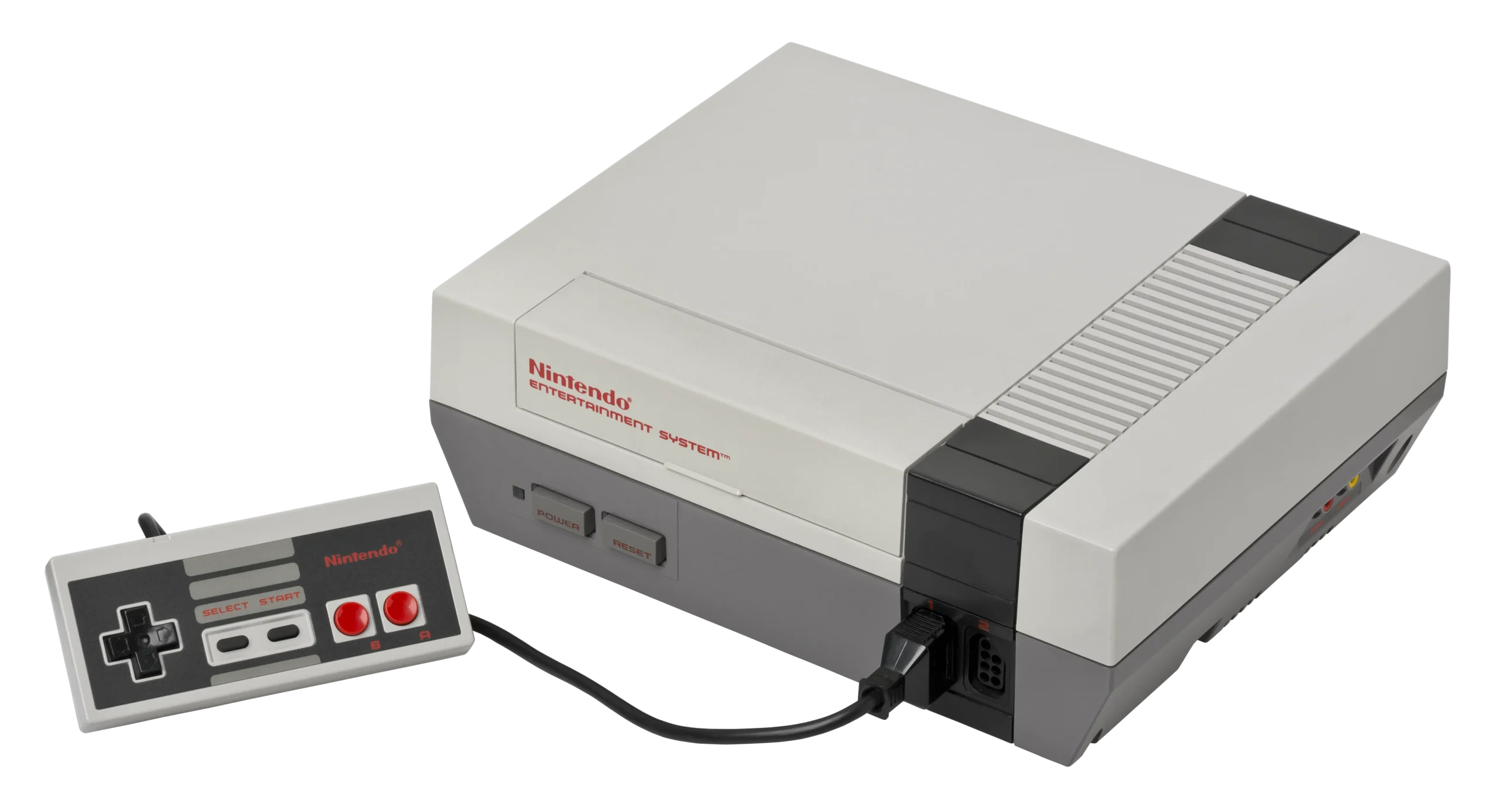The Timeless Appeal of the Nintendo Entertainment System (NES): A Look Back at the Mother of Consoles
Introduce the topic of Nintendo Entertainment System (NES), briefly mention its importance and lasting impact since its release, highlight how the NES remains beloved in 2024, and introduce key elements the article will cover: nostalgia, game library, cultural significance.
The NES Legacy – A Console That Defined an Era
I remember the first time I laid eyes on the NES console—I was, like, eight years old, and it felt magical. Created by Nintendo, the NES (Nintendo Entertainment System) hit the markets in the mid-1980s when the video game industry was on the ropes after a major crash. It's not even an exaggeration to say that the NES single-handedly revived the industry. It was like CPR for video games! With its iconic grey box design and joyful lineup of games, it quickly became a staple in homes worldwide.
The NES is often lovingly referred to as the 'Mother of Consoles.' Why, you might ask? Well, it set the standard and laid the groundwork for all future consoles. Its innovations in both game design and console technology created a ripple effect that can still be felt today. This was the era of cartridges instead of tapes, controllers with more buttons offering more gameplay options, and characters like Mario leaping into the hearts of millions. The phrase "industry standard" owes a lot to the trail the NES blazed.
In the years following its debut, the NES was a massive influence on subsequent gaming consoles and tech. Look at any console released in its aftermath, and you'll see echoes of its design philosophy. The NES created a blueprint—simplicity mixed with engaging gameplay. Heck, even today’s monstrosities like the PS5 carry traces of the NES DNA, prioritizing user experience and a stellar game library.
The Console That Started It All?
Now, let’s dive into whether the NES was the console that truly started it all. There’s a bit of a debate here, as some older gamers might bring up Atari or even the earlier Magnavox Odyssey. But in terms of sheer popularity and industry resilience, the NES was the game-changer. It redefined what we knew about home gaming and squashed many competitors with its trailblazing features.
While peers like the Sega Master System and the more obscure TurboGrafx-16 had their merits, they couldn’t quite match up to what the NES was packing back then. Think of it like an epic arms race in gaming technology: the NES had Duck Hunt when others were still figuring out joysticks!
Why the NES Stands Out in 2024
So, why does the NES still have us talking in 2024? Nostalgia, my friends! For many of us, it's a direct portal to our childhood. Even today, picking up that chunky controller rings memories of Saturday mornings spent saving princesses and dodging barrels.
Beyond nostalgia, there's the timeless design. Seriously, have you held an NES controller recently? It's built like a brick and just feels right in your hands. And if you peek into communities online, you'll see people modding and restoring these old machines. It’s like seeing classic cars being restored with retro parts but in gaming form.
The Magic of NES Games
Who could forget the iconic titles that made the NES a household name? Super Mario Bros., The Legend of Zelda, and Metroid—these timeless classics have gameplay mechanics that still hold up remarkably well. They were challenging yet simple, and that was the charm. Many modern games can learn a thing or two about balancing difficulty and accessibility.
Even with the NES's technical limitations, games had tight controls, addictive gameplay loops, and creativity bursting through every pixel. And, let’s not forget, many of these mechanics paved the way for modern gaming genres.
The Secret to NES's Lasting Charm
What makes the NES age like fine wine while other consoles have faded into obscurity? It boils down to simplicity, innovation, and accessibility. The system did a lot with a little; limited technology spurred incredible creativity, which, in turn, produced unforgettable titles.
Game developers didn’t have 3D graphics or high-speed processors back then, and honestly, they didn’t need them. The NES forced creative thinking within tight constraints, which is a cherished practice among indie game developers today. In a way, it inspired a back-to-basics approach many of us didn't realize we wanted.
Cultural and Social Impact of the NES
The NES wasn’t just a box that played games—it was an event, a thing entire families could rally around. Remember family game nights? They weren’t book clubs; they were massive tournaments of Tetris or epic teamwork-filled battles in Contra. The NES managed to become part of our pop culture with songs, cartoons, and even action figures popping up everywhere.
And it wasn’t just about the games. The console often became the centerpiece of social gatherings and an avenue for making some new friends—forging the initial blueprints for the social dynamics we see in online gaming today.
The NES Revival and Modern Digital Platforms
Here in 2024, the love for the NES has never really faded away—it’s just evolved. Retro gaming has exploded in popularity, and modern platforms are cashing in on this nostalgia train. Nintendo Switch Online offers a treasure trove of NES games, allowing even today's generation to experience the pixelated glory.
Aside from that, the world of emulation and digital preservation keeps the torch burning bright. Sure, there's a bit of controversy there, but it’s often how gamers dive back into these timeless experiences without needing the actual hardware. In essence, the NES is still keeping playtime alive and well, decades later. No end in sight for this timeless icon, eh?
Conclusion
Recap the reasons behind the NES's enduring fame in 2024, reflect on its influence on modern consoles and gaming trends, and end with thoughts on the future of retro consoles and their relevance.



